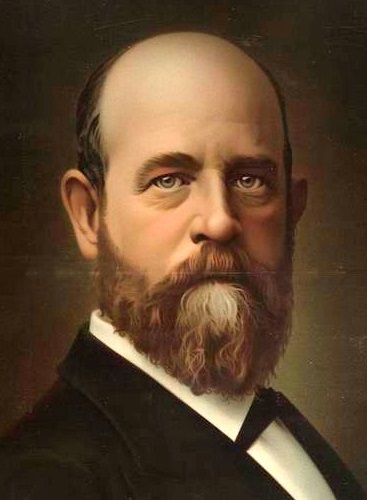 Preface
|
Saving Communities
|
||||||
Home |
Site Map |
Index
|
New Pages |
Contacts |
 |
PREFACE
|
IN this book I have endeavored to determine whether protection or free trade better accords with the interests of labor, and to bring to a common conclusion on this, subject those who really desire to raise wages.
I have not only gone over the ground generally traversed, and
examined the arguments commonly used, but, carrying the inquiry further
than the controversialists on either side have yet ventured to go, I
have sought to discover why protection retains such popular strength in
spite of all exposures of its fallacies; to trace the connection
between the tariff question and those still more important social
questions, now rapidly becoming the “burning questions” of our times;
and to show to what radical measures the principle of free trade
logically leads. While pointing out the falsity of the belief that
tariffs can protect labor, I have not failed to recognize the facts
which give this belief vitality, and, by an examination of these facts,
have shown, not only how little the working-classes can hope from that
mere “revenue reform” which is miscalled “free trade,” but how much
they have to hope from real free trade. By thus harmonizing the truths
which free traders perceive with the facts that to protectionists make
their own theory plausible, I believe I have opened ground upon which
those separated by seemingly irreconcilable differences of opinion may
unite for that full application of the free-trade principle which would
secure both the largest production and the fairest distribution of
wealth.
My effort, in short, has been to make such a candid and thorough examination of the tariff question, in all its phases, as would aid men to whom the subject is now a perplexing maze to reach clear and firm conclusions. In this I trust I have done something to inspire a movement now faint-hearted with the earnestness and strength of radical conviction, to prevent the division into hostile camps of those whom a common purpose ought to unite, to give to efforts for the emancipation of labor greater definiteness of purpose, and to eradicate that belief in the opposition of national interests which leads peoples, even of the same blood and tongue, to regard each other as natural antagonists.
To avoid any appearance of culling absurdities, I have, in
referring to the protectionist position, quoted mainly from the latest
writer who seems to be regarded by American protectionists as an
authoritative exponent of their views — Professor Thompson of the
University of Pennsylvania.
Comments:
Saving Communities
420 29th Street
McKeesport, PA 15132
United States
412.OUR.LAND
412.687.5263